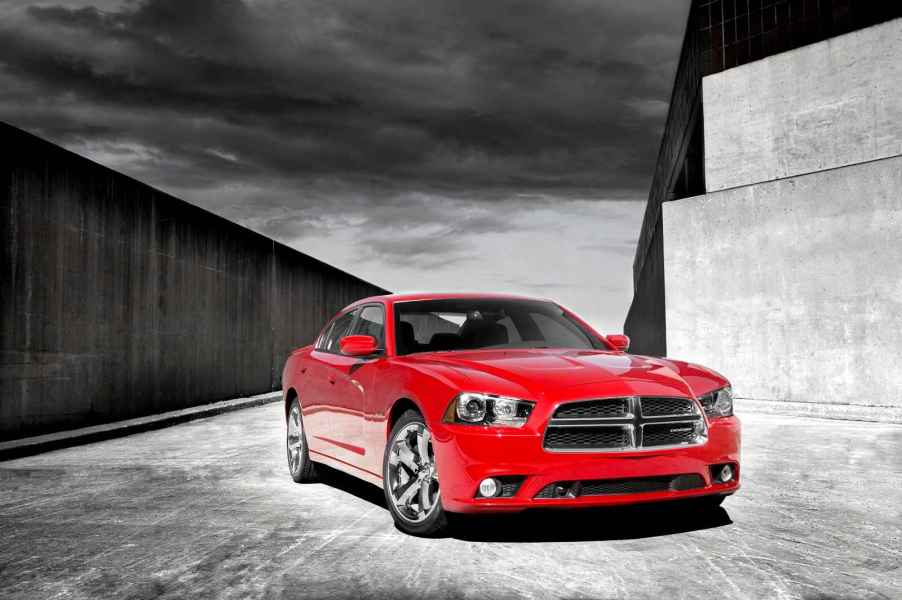
Used Dodge Chargers Might Unexpectedly Stall – Here’s Why
Starting in 2015, Chrysler Group and FCA (now Stellantis) released several recalls after confirming that alternators on hundreds of thousands of its cars might fail. Owners of 2011-2014 Dodge Chargers were included and were actively experiencing unexpected stalling. Years later, Charger owners from the flagged year models continue to report this problem.
Many of these circumstances are being diagnosed as alternator failures, and some owners are still filing NHTSA complaints. At this point, the remaining cases are rooted in whether the recall had yet to be performed. If inspected vehicles are not properly identified and, therefore, passed over, the issue might occur now.
Dodge Charger Safety Recall T36 / NHTSA 17V-435

According to the more recent 2018 T36 FCA recall repair procedure, the alternators on more than 442,000 vehicles could experience diode thermal fatigue failure. Failed diodes cause the alternator to stop providing power to the vehicle and can cause stalling without warning.
The notice calls out platform LD (Dodge Chargers) when equipped with Electric Hydraulic Power Steering (EHPS), paired with a 3.6L or 5.7L engine, and has either a 160, 180, or 220 Amp alternator.
Since not all 2011-2014 Chargers are applicable, here are the original part numbers that are excluded from the 2018 T36 recall:
- 421000-0801
- 421000-7021
- 421000-7041
- 421000-7042
- 421000-7051
- 421000-7052
In the notices, FCA (now Stellantis) committed to replacing certain OEM part numbers with a new alternator containing improved diodes. FCA also specified that if the technician cannot read the part number clearly, the label with the number is missing, or the car has an aftermarket alternator, proceed with alternator replacement. To me, this is a reflection of the automaker making good on the issue.
Still, one 2012 Dodge Charger owner filed an NHTSA complaint in 2023. They cited that their vehicle had been passed over without the recall being performed. They claimed their OEM alternator part number was part of the flagged group. Later, the owner experienced symptoms of alternator failure. They said a test confirmed the alternator was the problem.
Car safety recalls do not have an expiration date. If you’ve had to prematurely replace a flagged OEM alternator and pay out of pocket, you can submit receipts for reimbursement. Owners can submit via FCARecallReimbursement.com or call the FCA Recall Assistance Center at 1-800-853-1403.





